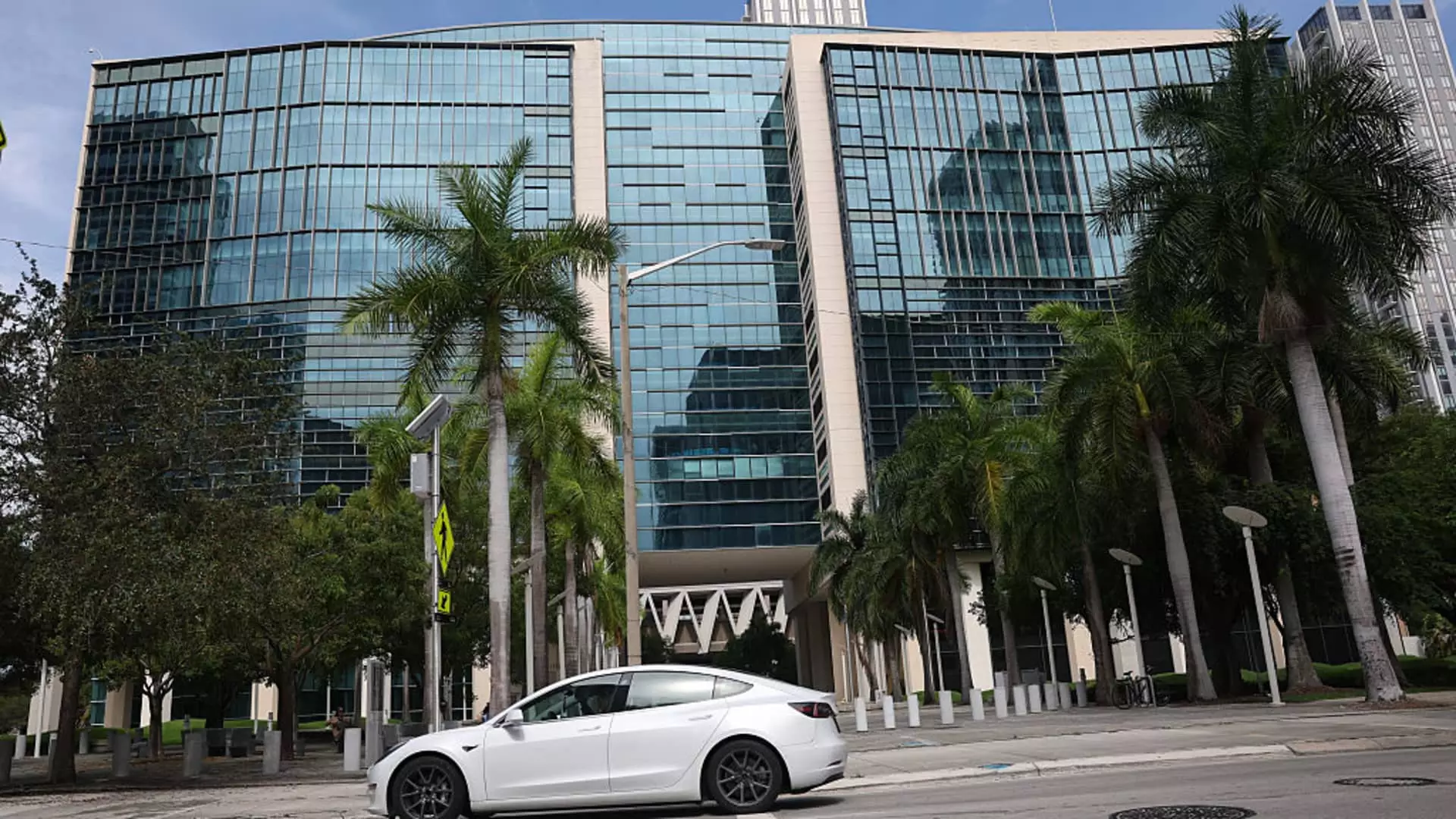Tesla’s ongoing legal battles cast a stark spotlight on the promises and perils of autonomous vehicle technology. The recent trial confronting the automaker over a fatal crash exemplifies the profound ethical and safety dilemmas that come with pushing the boundaries of automation. While Tesla touts Autopilot as a marvel of innovation, the tragic incident in 2019 exposes the thin, often blurry line between driver assistance and reckless reliance. The case underscores a vital question: should autonomous systems be trusted without robust safeguards, or does this technology inherently carry danger that’s being glossed over for profit and prestige?
Tesla’s aggressive marketing has long painted Autopilot as a way to elevate driving safety — a sentiment that can inadvertently lull users into complacency. The incident involving George McGee, who believed his vehicle would automatically brake when necessary, reveals a dangerous misconception: that partial automation offers a shield of safety. The reality is, systems like Autopilot are tools that require attentive oversight, not passive reliance. Responsible automakers must recognize that misrepresentations—whether intentional or due to neglect—have severe human costs.
The lawsuit’s core accusations challenge Tesla’s handling of safety disclosures and the integrity of its marketing. Critics argue that the company’s statements exaggerated the capabilities of Autopilot, encouraging drivers to overtrust a system that isn’t fully autonomous. This strategic miscommunication potentially prioritized market dominance over consumer safety, a move that can only be justified if ethical standards are sidelined in the pursuit of technological bragging rights.
Corporate Oversight: Ignoring the Hidden Dangers
The trial further questions whether Tesla responded adequately to known safety issues within Autopilot’s framework. Evidence presented suggests that Tesla’s systems may have had fundamental flaws that the company chose not to address, perhaps in an effort to accelerate product rollout or maintain a competitive edge. This reckless disregard raises troubling ethical questions: When does technological ambition cross the line into neglect? In pursuit of innovation, are companies like Tesla sacrificing safety, and if so, what should society’s response be?
Elon Musk’s bold claims about full autonomy have often been met with skepticism, but the public narrative remained that Tesla’s technology was approaching a future of zero accidents. This trial reveals that such statements may have been overhyped, creating a false sense of security among users. If automakers knowingly oversell what their products can do, they not only put lives at risk but also erode public trust in autonomous driving technology overall.
The legal proceedings also bring to attention the broader issue of corporate accountability. While Tesla has historically avoided courtroom confrontations, this case sets a precedent that companies cannot escape blame simply because their systems are marketed as “driver assistance.” When human lives are lost due to alleged systemic failures and misleading claims, accountability becomes non-negotiable. It’s about whether a corporation values human safety over superficial technological bragging rights.
Societal Implications and the Future of Autonomous Vehicles
This case serves as a critical reminder that autonomous vehicle technology is only as safe as the regulatory frameworks, corporate diligence, and actual capabilities behind it. As more manufacturers race to deploy automated systems, society must grapple with the consequences of overhyped promises. The legal scrutiny Tesla faces pushes the industry toward transparency, demanding that safety considerations not be sacrificed for innovation’s sake.
However, there’s an unsettling undercurrent: the belief that innovation entitles corporations to sidestep rigorous oversight. Tesla’s push for rapid development, combined with highly publicized promises, could mask inherent flaws that may only surface after tragic consequences. This case raises vital questions for regulators, consumers, and industry insiders—how much oversight is enough? How do we ensure safety isn’t compromised for the sake of technological leadership?
As the world watches Tesla’s courtroom showdown, the incident invites a broader debate: should autonomous systems be trusted at all, or should strict limitations remain in place until technology can near human-level safety? The tragic loss of life should serve as a powerful catalyst for rethinking how autonomous vehicles are developed, marketed, and regulated. Until genuine safety is prioritized over corporate image and market dominance, stories like this will continue to cast long shadows over the autonomous driving revolution.

